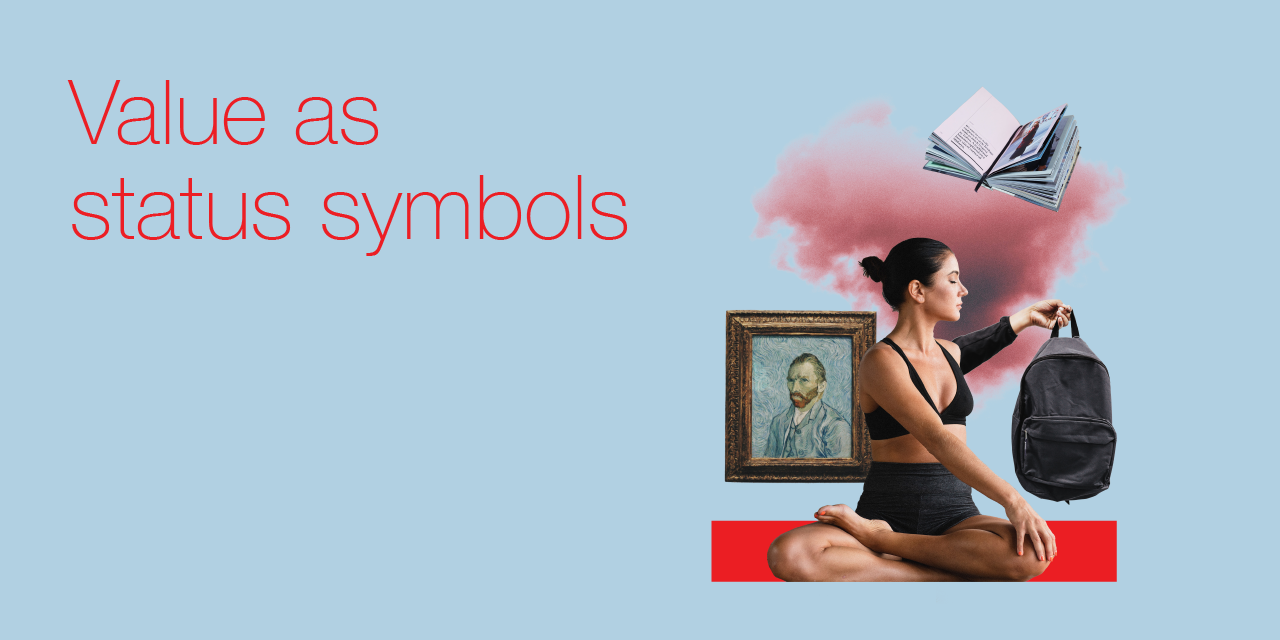Breakthrough Brands 2020:
Social and cultural capital

Traditional markers of luxury are losing favor to inconspicuous, values-driven consumption. In her book, “The Sum of All Things: A Theory of the Aspirational Class,” Elizabeth Currid-Halkett illustrates how the changing tastes of the rising elite have evolved from overt consumption of expensive items to “nonvisible, highly expensive goods and services” that allow them to build social, environmental, and cultural knowledge. In the last decade, cultural and social knowledge has fueled the “aspiration economy,” making the values imbued in a product or service just as important as the price of the product itself.
As a result, we’ve seen status decoupled from power and financial capital, and tied more closely to “cultural capital” (a prime example of this is the rise of luxury streetwear, and famed designer Virgil Abloh’s self-referential critique of modern culture in his work). It has also given rise to the transformation economy, fueling wellness, self-improvement, and sustainability trends, which promote feeling good in both body and spirit, showing off what you value, and becoming the person you want to be beyond any economic status.
Those who are best riding the wave of this sweeping macrotrend are the companies that have successfully baked cultural capital directly into their business models. Brands like Citizenry both possess and bestow it, offering customers beautifully handcrafted, fair-trade homeware that also empowers struggling artisans by promoting their unique crafts in other countries.
When asked about their clientele, Citizenry co-founder Carly Nance said she calls the typical shopper “the ultimate conscious” consumer: “[They take] a more thoughtful approach to all purchases. They are design-conscious, socially conscious, and worldconscious. Our brand is built on all three aspects.” The social media conversations involving The Citizenry are 11 times more likely to include comments around purpose and values than even the most lauded and respected luxury brands like Hermes and Gucci. The cannabis brand Dosist, with its chic design and simplified product portfolio, allows users to participate in the latest wellness trend with ease and confidence.
Perhaps most exemplary of this trend is MSCHF—only by understanding the wider hype culture can one truly appreciate the “genius commentary” of this art brand. Given the economic downturn the pandemic has helped create, we predict that the trend of socially-driven consumption will continue as well-to-doers are overcome with socioeconomic guilt, and shy away from showing off their wealth in traditional manners.
Download the Breakthrough Brands 2020 report here.